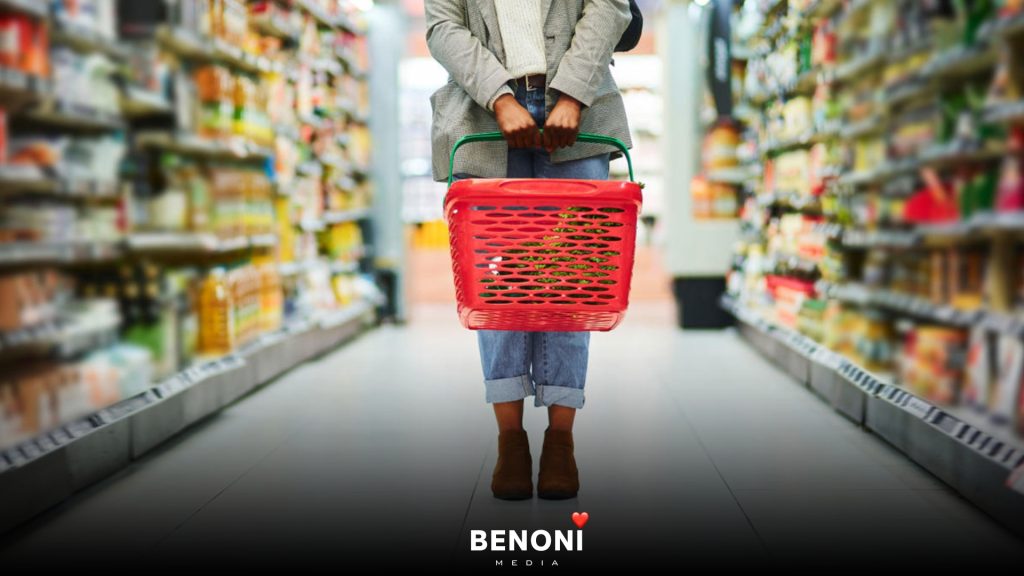The proposed 2% increase in VAT is currently on hold, pending a parliamentary session on 12 March. However, data suggests that if implemented, the impact could be devastating—especially for low-income households. A 2% VAT increase will significantly affect the cost of essential goods and services, making daily living even more expensive for struggling families.
Why VAT Matters
The Treasury’s attempt to push through a VAT increase has led to delays in the 2025/2026 Budget approval. Finance Minister Enoch Godongwana downplayed the situation, but history shows that VAT increases are met with strong opposition.
In 2018, VAT rose from 14% to 15%, sparking public outrage. To soften the blow, the government expanded the list of zero-rated food items. However, the impact on vulnerable households remained significant.
VAT is considered a regressive tax because it applies equally to all consumers, regardless of income. While wealthier individuals pay more in total VAT, the percentage of income lost to VAT is far higher for low-income households. For these families, even a small increase means fewer essential goods in their shopping carts and a greater struggle to afford basic needs.
Who Will Suffer the Most?
The lower your income, the harder a VAT increase hits. South Africa’s extreme wealth inequality makes this impact even starker.
Using Treasury data from the proposed 2025/2026 Budget and the Pietermaritzburg Economic Justice & Dignity Group’s (PMBEJD) food basket, here’s how households in different income brackets would be affected:
- Lowest-income households (10th decile): Currently pay around R1,600 in VAT per year. A 2 percentage point increase would add R213 annually—equivalent to a full year’s increase in food costs.
- Middle-income households (5th decile): Would see their VAT burden rise by about R693 per year.
- Wealthier households (9th decile and above): While they currently pay around R17,200 to R40,000 in VAT per year, they can more easily absorb the increase by adjusting spending habits.
For wealthier individuals, a VAT hike might mean cutting back on luxury purchases. For low-income families, it means choosing between food and transport or electricity and hygiene products.
Food Security Under Threat
While some essential food items are zero-rated and won’t be affected—including maize meal, certain dairy blends, and specific meats—many staple goods will become more expensive due to the 2% VAT increase. These include:
- Cooking oil
- Margarine
- White and brown bread
- Processed meats
- Stock cubes
- Certain vegetables
Low-income households already prioritise buying starches like maize meal, rice, and sugar before considering proteins, dairy, and fresh vegetables. The VAT hike will further limit access to nutritionally rich foods, increasing the risk of malnutrition, stunting, and other health complications.
Impact on Workers and Grant Recipients
Even before the proposed VAT increase, many South Africans struggle to afford basic food needs.
- Minimum wage workers: A January 2025 PMBEJD report found that a worker earning the national minimum wage is already 46.4% short of affording a basic food basket. A VAT hike would make it even harder to cover essential nutrition.
- Social grant recipients: The child support grant of R530 per month is already 33% below the food poverty line (R796). With VAT driving up costs, families relying on grants will face even tougher financial trade-offs.
- Fixed expenses: Low-income households must prioritise non-food essentials such as prepaid electricity and transport before discretionary spending. With VAT eating into their budgets, even the most affordable food options will become out of reach.
The Bigger Picture
With food prices continuing to rise and economic uncertainty looming, any policy that increases costs for low-income South Africans must be critically examined. While a 2% VAT increase might seem like an easy way to boost government revenue, it comes at a significant human cost.
For the poorest households, this increase could be the tipping point—pushing them deeper into food insecurity, debt, and malnutrition. As Parliament debates the proposal, leaders must consider its long-term consequences on the most vulnerable citizens.








